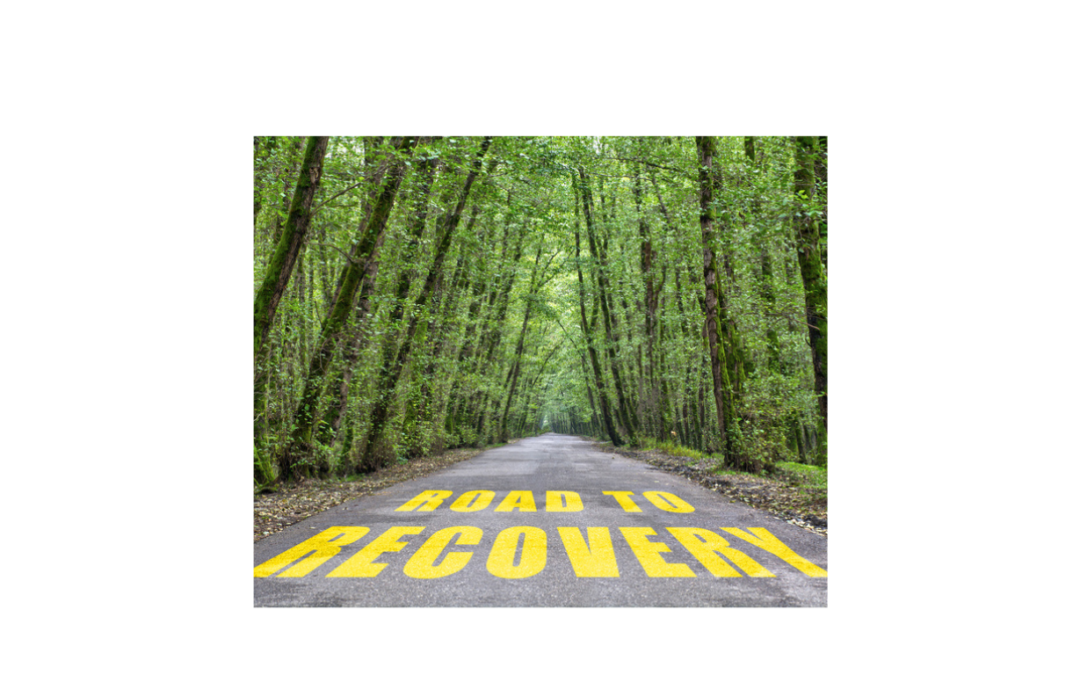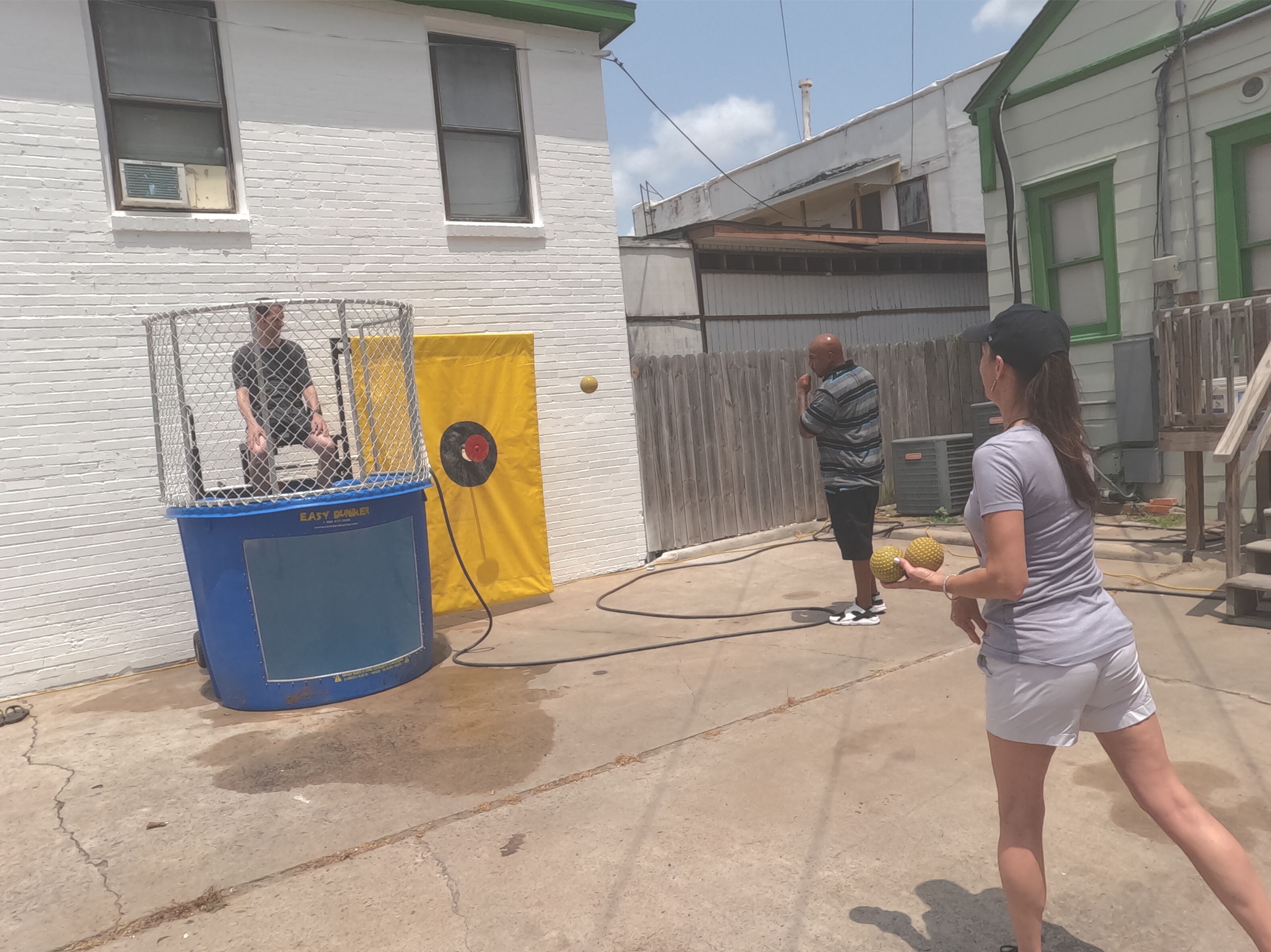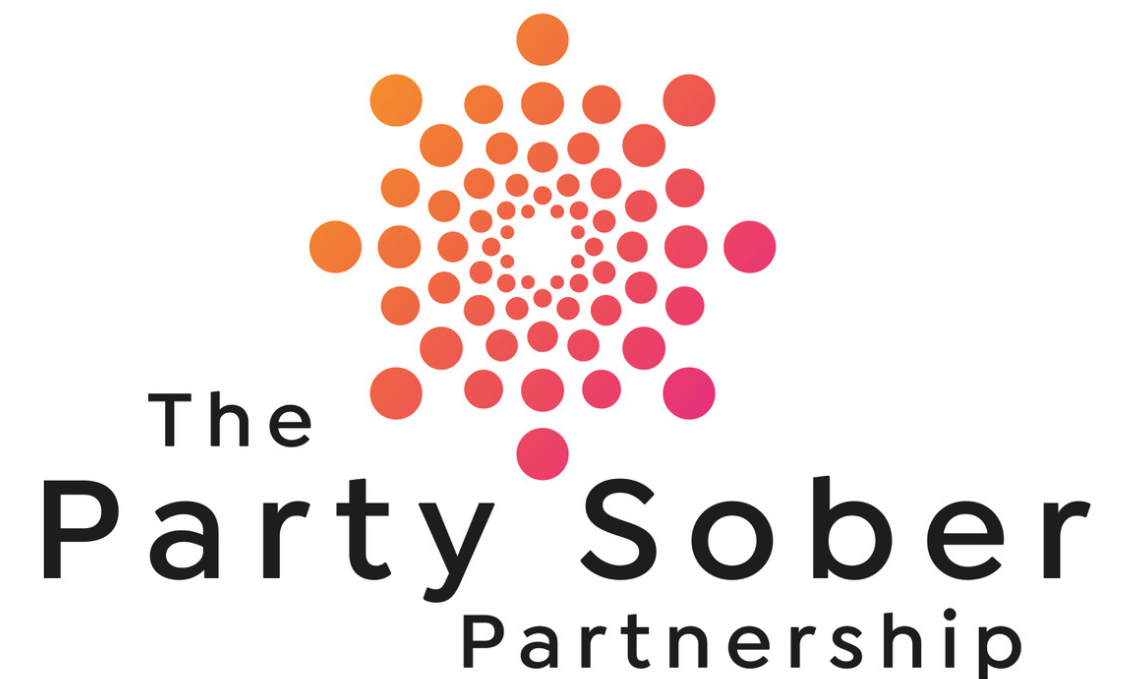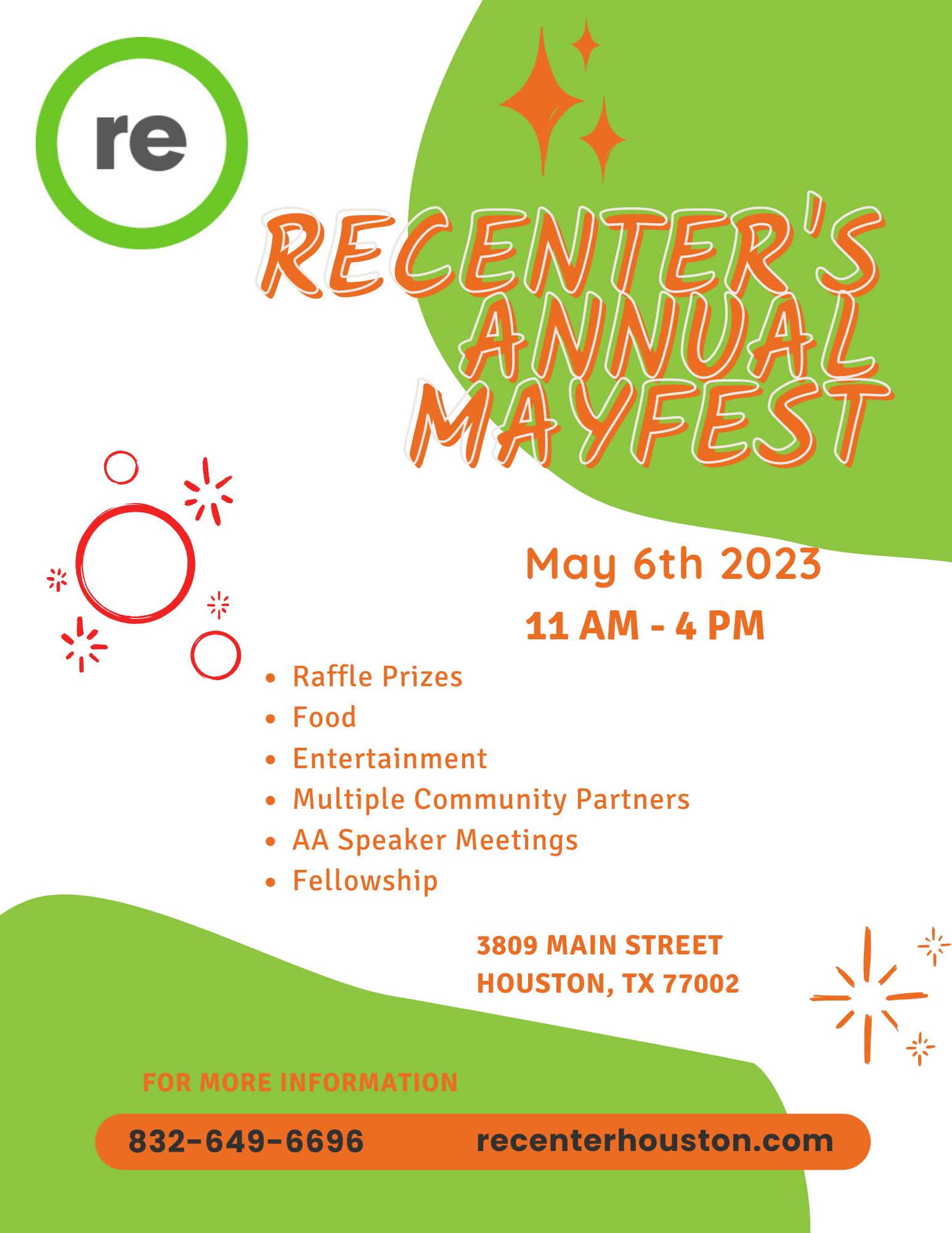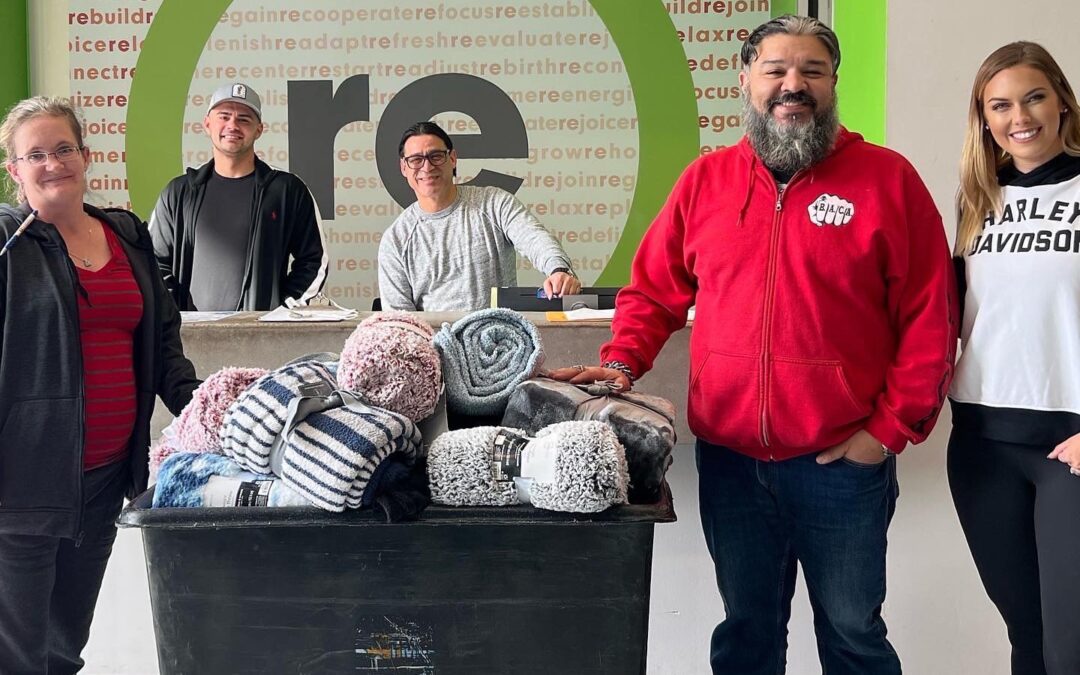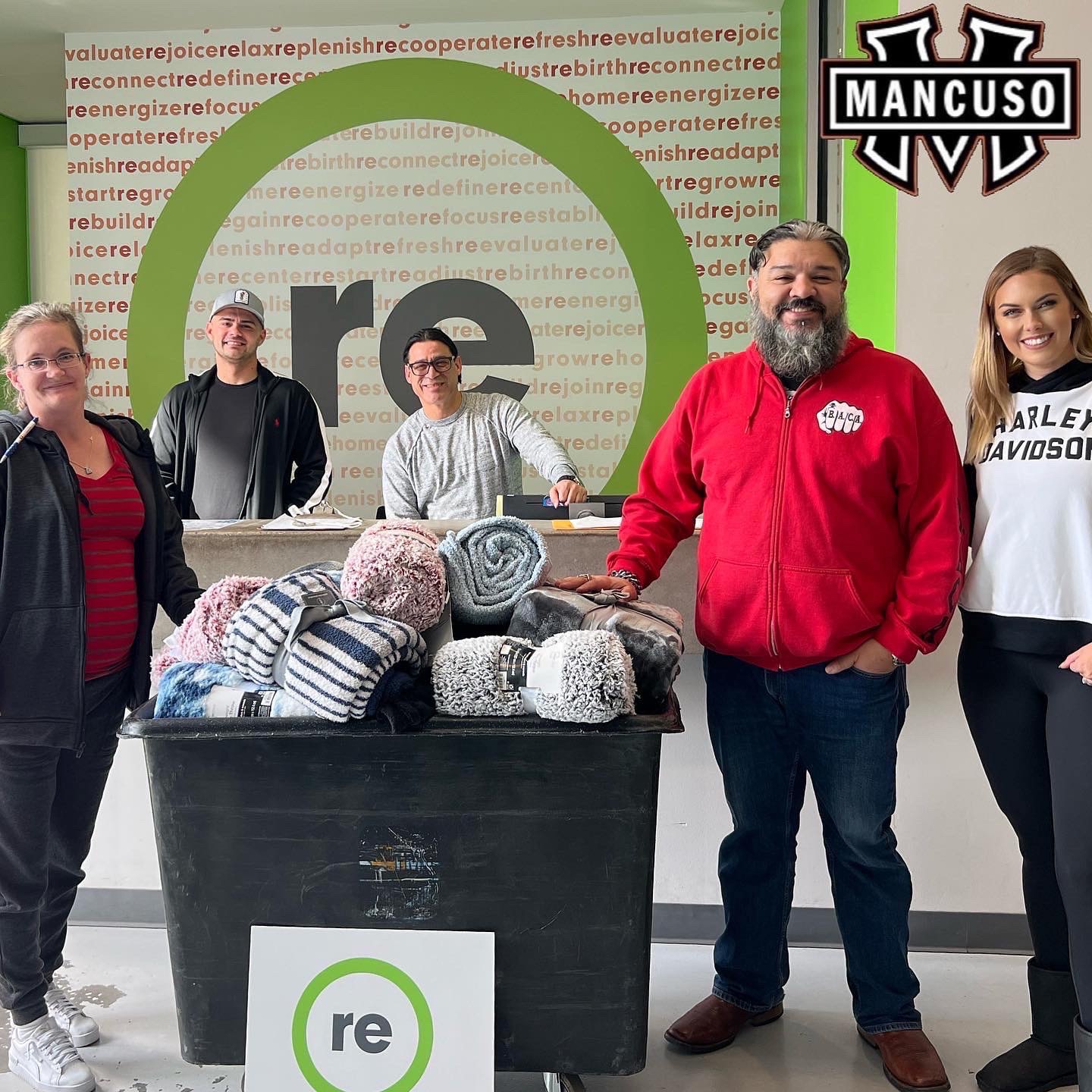
Sober Celebrations
Tips for Substance Abusers at Holiday Parties

The upcoming holidays are a time for celebrating with family and friends. For people who choose not to drink or use drugs, navigating holiday parties can be challenging. Thankfully, many ways exist to enjoy these gatherings without feeling uncomfortable or pressured to drink. For many the celebrations have a religious theme and will not include temptations. Take advantage of these get-togethers to reinforce your belief in your higher power. Join the after-the-occasion fellowship to broaden your circle of friends.
Actions before the party:
For the Substance Abuser:
Be honest with yourself, consider whether you’ll feel comfortable attending a party where alcohol or drugs will be served. If you are in early recovery or find social drinking triggering, it will be perfectly okay to decline. It’s not worth sacrificing your hard work to get this far. Your health and well-being come first.
If you do go, have a plan on how you will respond when offered an alcoholic drink. Practice your refusal beforehand so you can deliver it confidently and politely. You might say “No thanks, I’m good”, “I’m the designated driver tonight“, or “Oh, no thanks. I’m not drinking alcohol right now”. These will not offend your host; saying it confidently will prevent future offers.
Invite a friend who will also abstain from alcohol or who will support your decision not to use. A sober companion can provide moral support and help you navigate social situations. Committing yourself and a friend will remind you of the value of staying sober.
Before you leave home prepare non-alcoholic drinks. Bring your favorite sparkling water, mocktails, or zero-proof cocktails. Having something festive to sip on can make you feel more comfortable and included. Having a glass in your hand will give you extra power to refuse alcoholic drinks and as the party progresses will reduce the offers of having a drink. Simply lift your glass to your lips, showing that you already have something to drink.
Decide how long you want to stay and how you’ll get home. This will help you avoid feeling pressured to stay longer than you’re comfortable with. When the time comes for you to leave simply say “Great party, but I have a big day planned for tomorrow”.
For Hosts:
Offer a variety of non-alcoholic beverages. In consideration of your friends that choose not to drink, include sparkling water, mocktails, fruit juices, and other festive options. This avoids any awkward moments and demonstrates what a great host you are.
Food can help to reduce cravings and prevent individuals from feeling overly hungry, which can trigger substance use. Have plenty of food available.
A thoughtful host is aware of triggers that could cause a guest to want to use drugs or alcohol. Some holiday traditions or decorations may trigger cravings for individuals in recovery. Be mindful of this and offer alternative activities or spaces.
Hosts should have a plan for emergencies, if you are concerned about a guest’s substance use, have a plan for how to intervene safely and respectfully. This may involve talking to the guest privately, providing them with resources, or asking them to leave the party.
Consider hosting an alcohol-free party. This can create a more inclusive environment for everyone, including individuals in recovery, pregnant women, and those who simply choose not to drink alcohol.
At the party:
Stick to your plan. When offered a drink, politely decline and stick to your non-alcoholic beverage. Repeat your prepared refusals as needed.
Focus on connecting with others: Engage in conversations with friends and family. Focus on enjoying their company and the festive atmosphere. This may be a new skill, in the past you may have focused on drinking or getting high. Make the most of this opportunity.
Keep yourself busy. Mingle with others, participate in games or activities, or help yourself to the food. Staying active will help you avoid awkward situations and temptation.
Take breaks. If you start feeling overwhelmed, take a short break from the festivities. Find a quiet space to relax and recharge.
Remember your reasons for avoiding drugs or alcohol. Remind yourself why you choose not to drink. Keeping your goals in mind will help you stay motivated and avoid temptation.
Additional tips:
Be honest and upfront with your host. If you feel comfortable, let the host know in advance that you won’t be drinking alcohol. They may be able to offer you alternative non-alcoholic beverages or if you are bringing your own beverage let them know.
Set boundaries with the other party-goers. If someone persists in pressuring you to drink, politely but firmly set a boundary. You can say something like, “I appreciate your offer but I have decided not to drink tonight.”
Don’t beat up on yourself. Don’t feel pressured to explain yourself or justify your decision to anyone. Remember, you have the right to choose not to drink alcohol or use and you shouldn’t feel short changed or obligated to do otherwise.
Follow these tips and enjoy your holiday season and festive gatherings without feeling pressured to drink. Remember, the most important thing is to do what feels right for you and to take care of your health and well-being.
Have fun!

